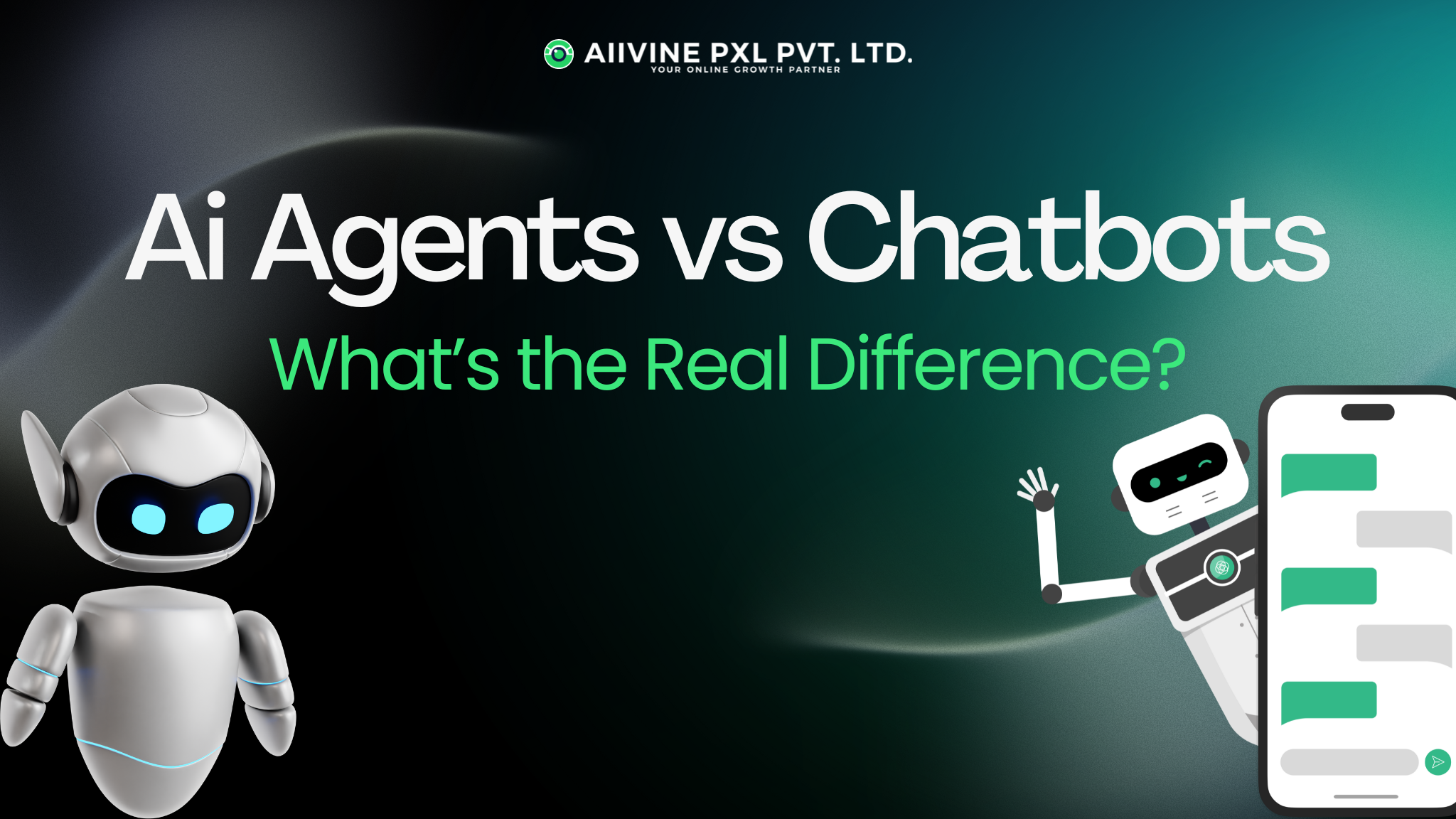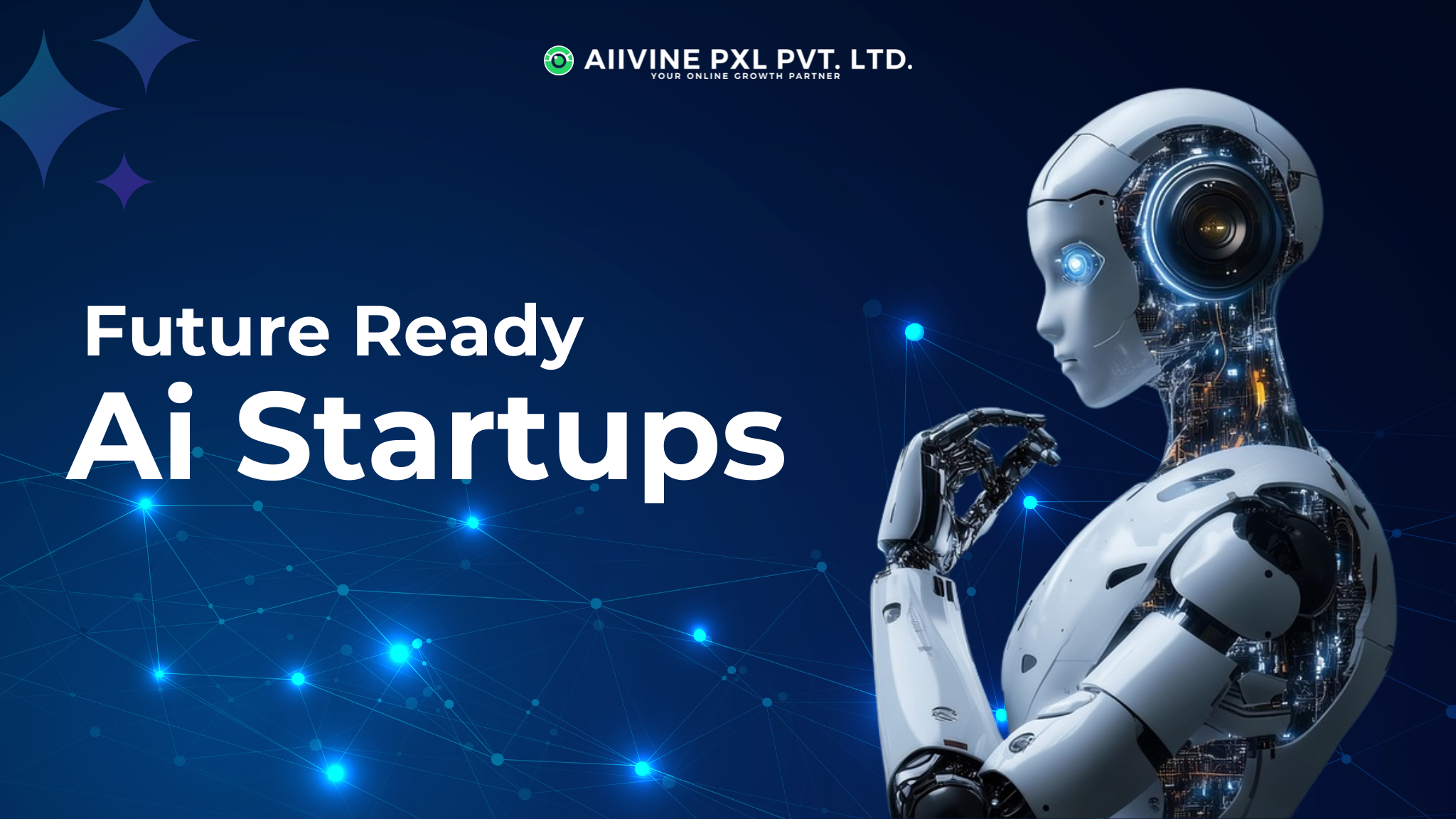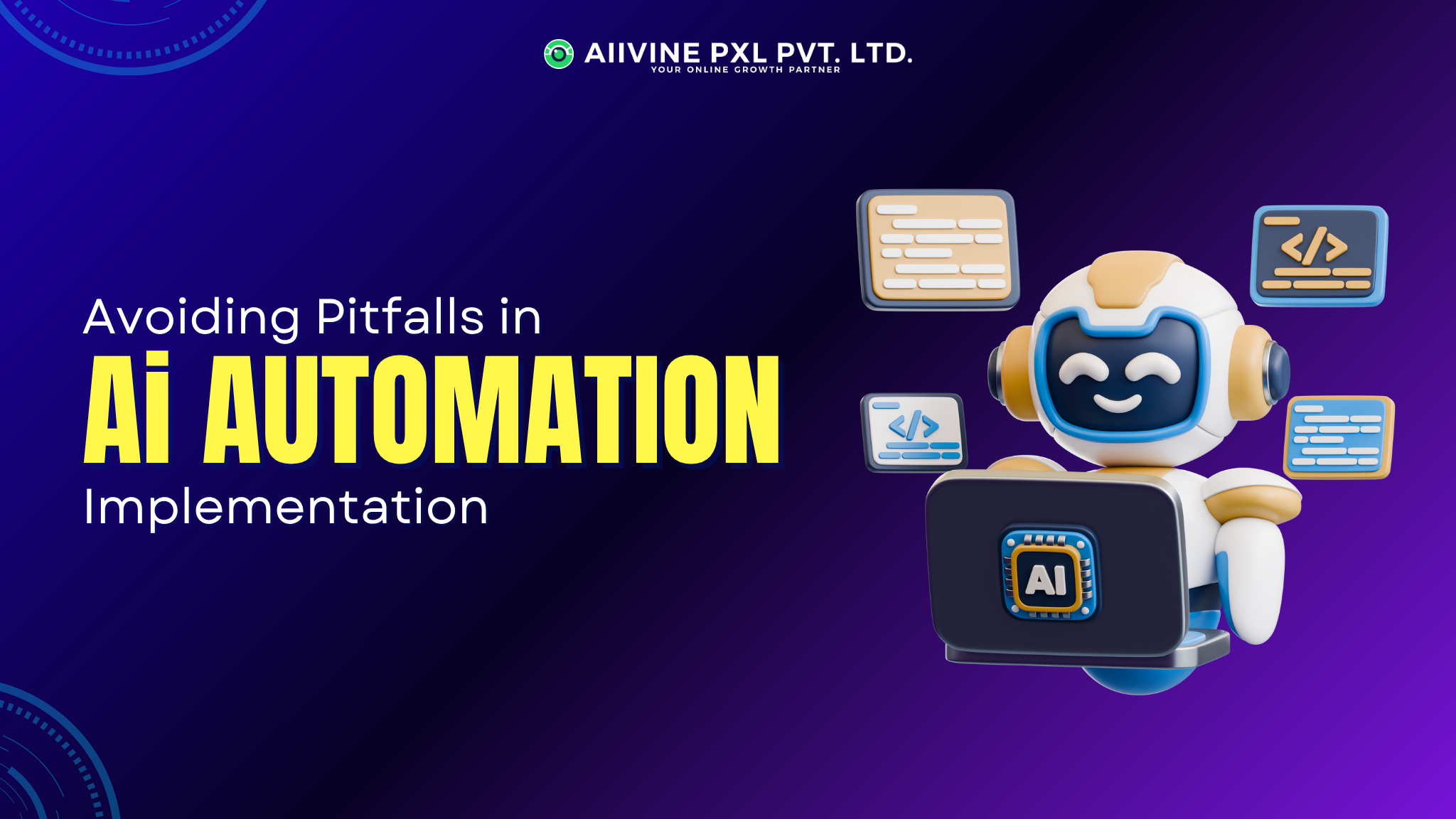Introduction:
In today’s digital-first world, businesses heavily rely on technology to connect with customers, boost engagement, and drive conversions. Terms like AI agents and chatbots often come up in conversations about customer support, automation, and social media marketing. At first glance, they may appear similar—but there are fundamental differences in how they work, what they can do, and how they impact your business outcomes.
If you’re investing in Facebook ads, Google ads, or other digital marketing strategies, knowing the distinction between AI agents and chatbots can help you make smarter decisions. Let’s break it down.
Understanding Chatbots
H3: What is a Chatbot?
A chatbot is a software program designed to simulate conversation with users, typically through text or voice interactions. Businesses commonly use chatbots to handle repetitive queries such as FAQs, order tracking, or appointment scheduling.
Examples include:
- A customer asking about delivery status on an e-commerce site.
- A visitor requesting pricing information on a service website.
- Automated replies to messages on social media platforms like Facebook Messenger or WhatsApp.
Types of Chatbots
Rule-Based Chatbots – Operate on predefined scripts and decision trees.
- AI-Powered Chatbots – Use natural language processing (NLP) to understand and respond more naturally, but still limited compared to AI agents.
Chatbots are great for Facebook ad campaigns where instant responses can improve lead capture. However, their functionality is limited when queries become complex.
Understanding AI Agents
What is an AI Agent?
An AI agent goes beyond scripted conversations. It is an autonomous system capable of perceiving its environment, making decisions, and taking actions to achieve specific goals.
For example:
- An AI agent can analyze customer behavior from Google ads campaigns, predict purchase intent, and recommend personalized offers.
- In a support environment, it doesn’t just reply—it learns from past interactions to improve future responses.
- In business operations, it can automate workflows like lead qualification, follow-ups, or even social media marketing strategy recommendations.
Characteristics of AI Agents
- Autonomous: Operates without constant human supervision.
- Adaptive: Learns and evolves from data over time.
- Goal-Oriented: Designed to achieve specific business objectives (e.g., maximize ad conversions).
- Proactive: Takes initiative, not just reactive replies like chatbots.
In other words, while chatbots “talk,” AI agents “think and act.”
AI Agents vs Chatbots – Key Differences
Feature | Chatbots | AI Agents |
| Function | Conversation automation | Decision-making & goal-driven actions |
| Complexity | Limited to rules & simple NLP | Advanced reasoning & adaptive learning |
| Use Case | FAQs, instant replies, lead capture | Predictive analytics, campaign optimization, end-to-end automation |
| Proactivity | Reactive | Proactive |
| Integration | Messaging platforms, websites | Entire business ecosystem (CRM, ads, marketing, sales) |
This difference is crucial for businesses running Facebook ads or Google ads. While a chatbot can capture leads, an AI agent can qualify those leads, segment them, and recommend the best nurturing strategy.
Use Cases in Digital Marketing
Chatbots in Social Media Marketing
- Messenger Automation: Businesses use chatbots to instantly respond to leads from Facebook ads.
- Lead Capture Forms: Automated scripts collect email/phone details.
- Basic Queries: Answer “What’s your price?” or “Where are you located?”
For small businesses, this is cost-effective and ensures no lead is left unattended.
AI Agents in Social Media Marketing
- Ad Optimization: AI agents analyze campaign performance across Facebook ads and Google ads, then adjust budgets automatically.
- Personalized Messaging: Tailors recommendations based on user interaction history.
- Cross-Platform Management: An AI agent can synchronize strategies across Instagram, LinkedIn, YouTube, and Google simultaneously.
This makes AI agents indispensable for scaling businesses that want efficiency beyond simple automation.
Real-World Business Impact
Chatbot Business Benefits
- Reduces human workload on repetitive tasks.
- Improves response time, especially on social media marketing campaigns.
- Increases customer satisfaction for basic queries.
AI Agent Business Benefits
- Enhances decision-making by analyzing large datasets.
- Drives ROI in Facebook ads and Google ads by identifying high-value leads.
- Offers predictive insights for better targeting and content strategies.
- Automates entire workflows—beyond just conversation.
Example: A real estate company using chatbots can answer questions like “What’s the price of this property?” But an AI agent can track which ads generated the inquiry, analyze customer affordability, and recommend which property suits them best—saving time and maximizing sales.
Choosing the Right Technology for Your Business
If your business relies heavily on social media marketing, Facebook ads, or Google ads, the right tool depends on your goals:
- Choose Chatbots If:
You need affordable, quick-response tools for FAQs and initial lead capture. Perfect for startups or businesses focusing on instant customer interaction.
- Choose AI Agents If:
You want to optimize campaigns, automate decision-making, and provide personalized experiences. Suitable for businesses scaling operations and seeking long-term ROI.
The Future of Customer Engagement
The future will likely combine both technologies. Chatbots will handle simple, repetitive queries, while AI agents will manage complex, high-value tasks.
Imagine this:
- A Facebook ad generates a lead.
- The chatbot instantly responds with a greeting and collects contact info.
- The AI agent qualifies the lead, syncs it to the CRM, and recommends the next step in the Google ad remarketing strategy.
This hybrid model creates seamless customer journeys and maximizes business growth.
Conclusion:
While both AI agents and chatbots are essential in modern business ecosystems, the real difference lies in intelligence and adaptability. Chatbots are great at talking, but AI agents are powerful at thinking, acting, and delivering results.
For businesses investing in social media marketing, Facebook ads, and Google ads, integrating AI agents can unlock smarter automation, better customer engagement, and higher ROI.
If you want your brand to stay competitive in the digital era, it’s time to look beyond chatbots and embrace AI agents.




